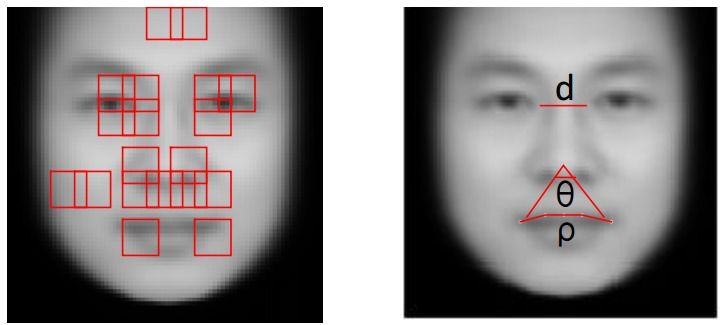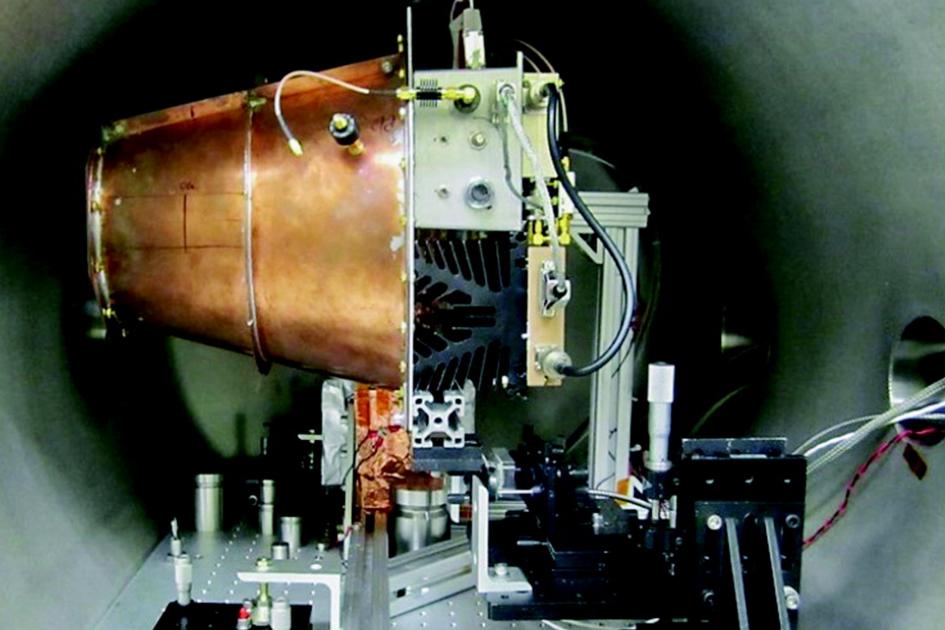Nov 23, 2016
Microsoft Sets Sights on Building Practical Quantum Computer
Posted by Karen Hurst in categories: cybercrime/malcode, encryption, internet, quantum physics
DAILY VIDEO: Microsoft Starts Quantum Computer Development Program; Cerber Ransomware Expands Database Encryption Attacks; IBM Debuts Watson Internet of Things Services Practice; and there’s more.
Today’s topics include Microsoft’s plan to build a Quantum computer, Trend Micro’s find that the Cerber malware is seeking out database files to encrypt and hold for ransom, IBM’s new Watson internet of things services for the automotive, electronics and insurance industries, and the release of the Microsoft Office Online Server update.
Microsoft is on a mission to build a quantum computer, and the company has appointed Todd Holmdahl to manage the project. Holmdahl is the corporate vice president of Microsoft Quantum, a unit dedicated to turning the company’s quantum computing research into real-world products.
Continue reading “Microsoft Sets Sights on Building Practical Quantum Computer” »


















